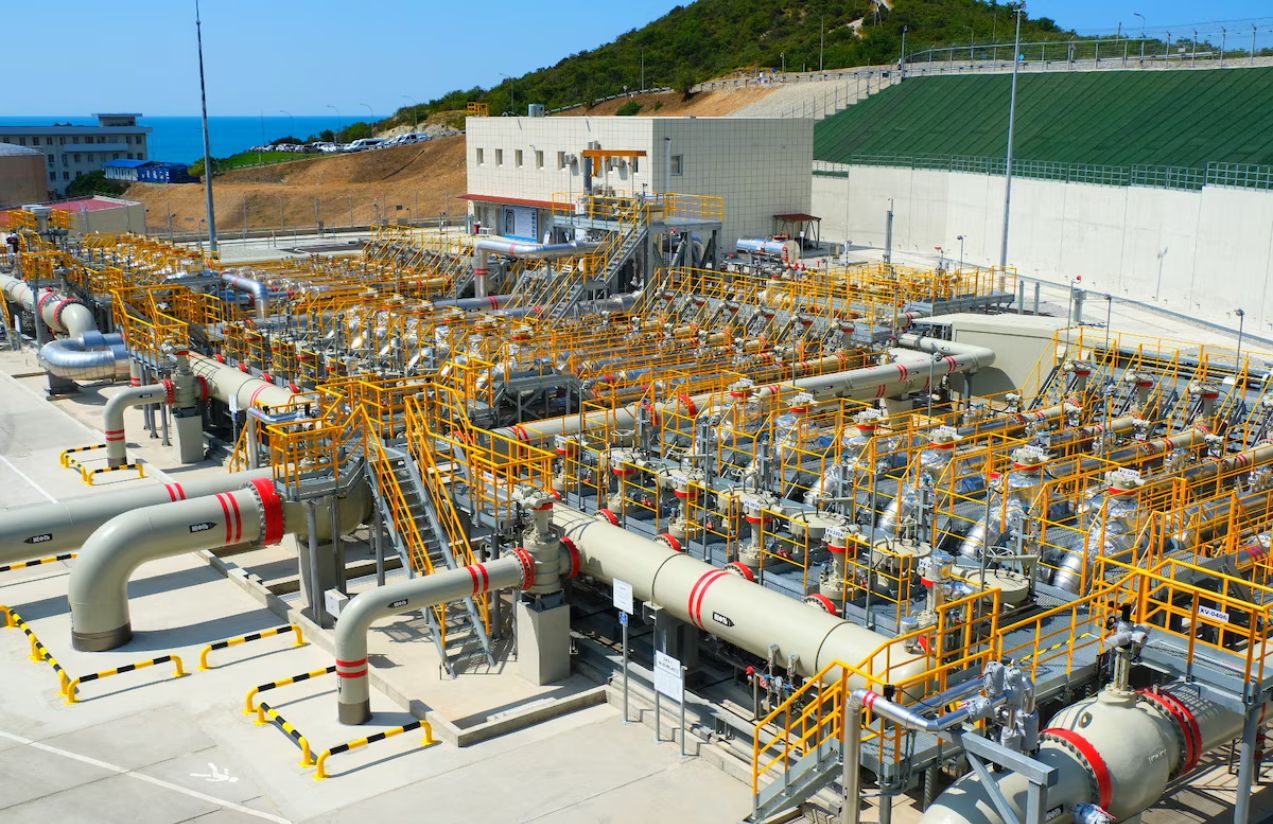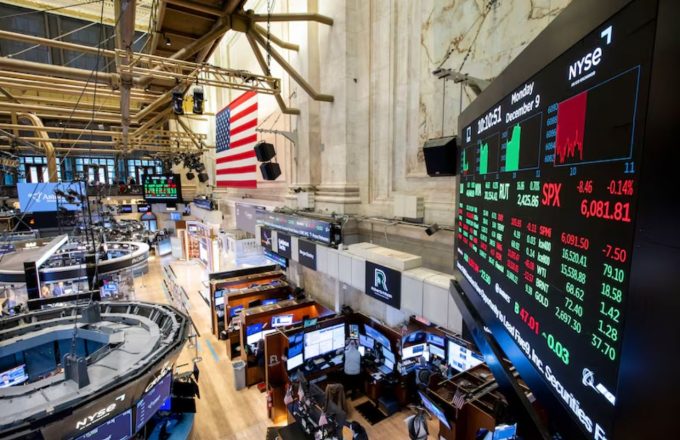Russia tightened restrictions on its oil export routes this Wednesday by ordering the suspension of a berth at the port of Novorossiysk in the Black Sea. This measure comes just a day after the country closed two of the three operational moorings of the Caspian Pipeline Consortium (CPC), which transports crude oil from Kazakhstan and involves U.S. companies Chevron and Exxon Mobil.
According to Transneft, the Russian state pipeline operator, Berth 8 at the Sheskharis terminal, used for loading diesel bound for Turkey and Georgia, was suspended for 90 days following an urgent inspection ordered by the transport regulator. The operating company, NCSP, must correct the detected irregularities before June 30, 2025.
The port of Novorossiysk is one of Russia’s main energy export hubs. However, industry sources indicated that the closure of a single berth does not immediately impact the overall operation of the complex. Between January and March, approximately 100,000 tons of diesel were shipped through the closed berth, according to data from LSEG and industry operators.
On Monday, Russia had already suspended two CPC moorings in the same region, which could reduce the consortium’s exports by more than half if the measure extends for more than a week, according to commercial sources cited by Reuters. Notably, the CPC handles about 1% of the world’s oil supply.
These restrictions come amid growing geopolitical tensions. U.S. President Donald Trump expressed his dissatisfaction with the lack of progress in peace negotiations in Ukraine and warned that he might impose secondary tariffs on Russian oil if a ceasefire is not reached. “If you buy oil from Russia, you can’t do business in the United States,” Trump said in an interview with NBC. He also warned that the tariff could reach 50% and would be implemented within a month if an agreement is not reached.
This Wednesday, a date Trump dubbed “Liberation Day,” the president is expected to announce a new fiscal package with reciprocal tariffs, in line with his policy of penalizing countries with trade surpluses against the United States. According to The Wall Street Journal, the new levies will be “lower” than those imposed by other countries on U.S. products but could include tariffs of 20% on almost all trade partners.
Moscow’s measures are also linked to tensions between Kazakhstan and OPEC+ over crude overproduction. In this context, the Kremlin ordered the Russian terminal from which Chevron and Exxon Mobil export Kazakh oil to halt part of its operations following unexpected inspections by the transport regulator.
The situation unfolds in an uncertain diplomatic environment. Although the United States and Russia recently reached an agreement to ensure “safe navigation” in the Black Sea, Moscow has conditioned a possible ceasefire in Ukraine on the lifting of Western sanctions. In this regard, Russian President Vladimir Putin has proposed the creation of a “temporary government” in Kyiv under international supervision as a basis for future negotiations, an initiative Trump called a provocation.
The restrictions imposed by Russia on Black Sea and Caspian Sea ports have a direct impact on energy flows to Europe and Asia. At the same time, they add to global uncertainty about the effect of the new U.S. tariffs, which could significantly disrupt international trade.




















